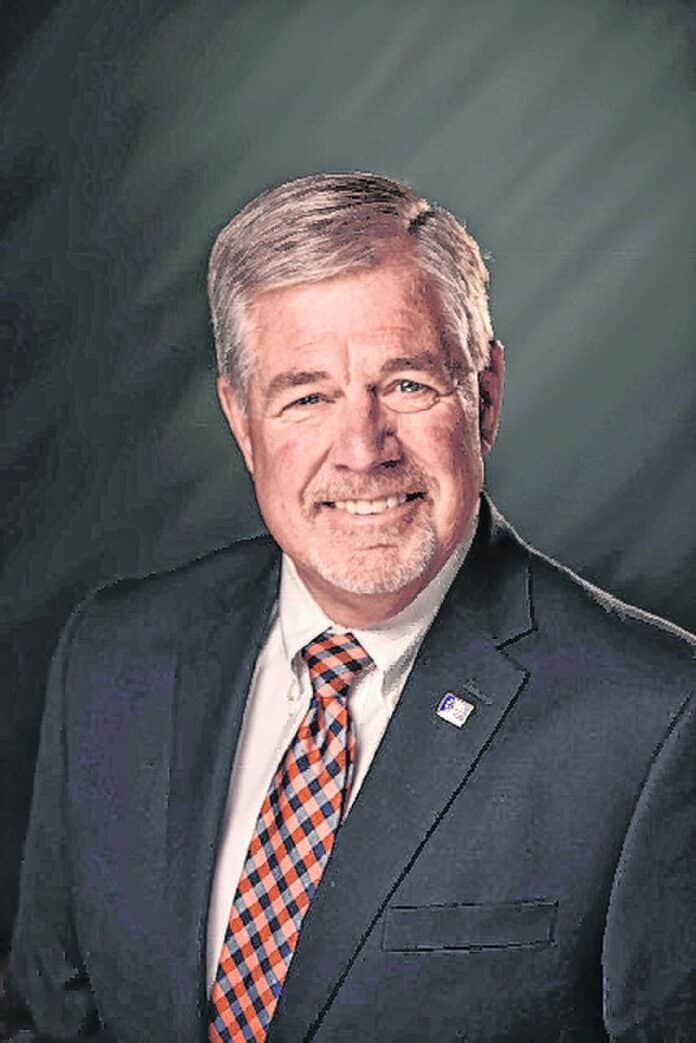GREENFIELD — State Rep. Bob Cherry hopes a bill that would provide tax breaks to Hoosier veterans could encourage them to stay in the state while also boosting Indiana’s anticipated workforce needs.
House Bill 1010, which passed the Indiana House of Representatives 95-3 last week, calls for a full income tax exemption for military retirement pensions and a higher assessed property value tax cap for disabled veterans and seniors 65 years of age or older. Cherry, R-Greenfield, said his bill would lessen the financial burden on nearly 30,000 Hoosier veterans and their families.
State Sen. Mike Crider, R-Greenfield, will sponsor the bill as it next enters the Senate for consideration. Exemptions for military pensions is also part of Indiana Gov. Eric Holcomb’s 2019 agenda.
The increase to income tax deductions for military retirement pensions and survivor’s benefits would phase in over four years, Cherry said. Currently, veterans can deduct up to $6,250 of their pension from income taxes. The bill would change the maximum tax deduction to a full exemption by 2022. Cherry said Indiana would join 23 other states that don’t tax military retirement pay.
“What we’re trying to do is to create an atmosphere for these veterans to come back to Indiana and stay here and retire here,” Cherry said.
Ron Martin, chairman of The Military/Veterans Coalition of Indiana, was quoted as saying in December that roughly 3,500 military veterans who are 40 or younger leave Indiana for another state every year.
Cherry said many Hoosier or out-of-state veterans also have workforce skills the state needs. By 2025, the Department of Workforce Development estimates the state will have more than 1 million job openings.
“We want to help them any way they can,” Cherry said.
Nearly 6,000 veterans live in Hancock County, and about two-fifths of those receive some type of benefit from the government, said Bob Workman, the veterans service officer in Hancock County.
“Anything that rewards veterans is a good thing for us,” Workman said about the bill.
The county has veterans who are 65 or older, mostly those who served in Vietnam and Korean wars, and also younger veterans from the more recent Persian Gulf War and the wars in Afghanistan and Iraq, Workman said.
The bill also makes changes to property tax deductions for those over 65 years of age and disabled veterans. It standardizes the assessed value cap for tax deduction to $200,000. If the property value of a home shifts higher than the $200,000 limit, the disabled veteran or senior won’t lose out on the exemption if they don’t make any additional improvements to the house, Cherry said.
Beginning with taxes due in 2021, surviving spouses of military members killed in the line of duty can also receive the same property tax deduction given to disabled veterans, Cherry said. That would affect an estimated 4,300 surviving spouses, according to the bill’s fiscal analysis.




